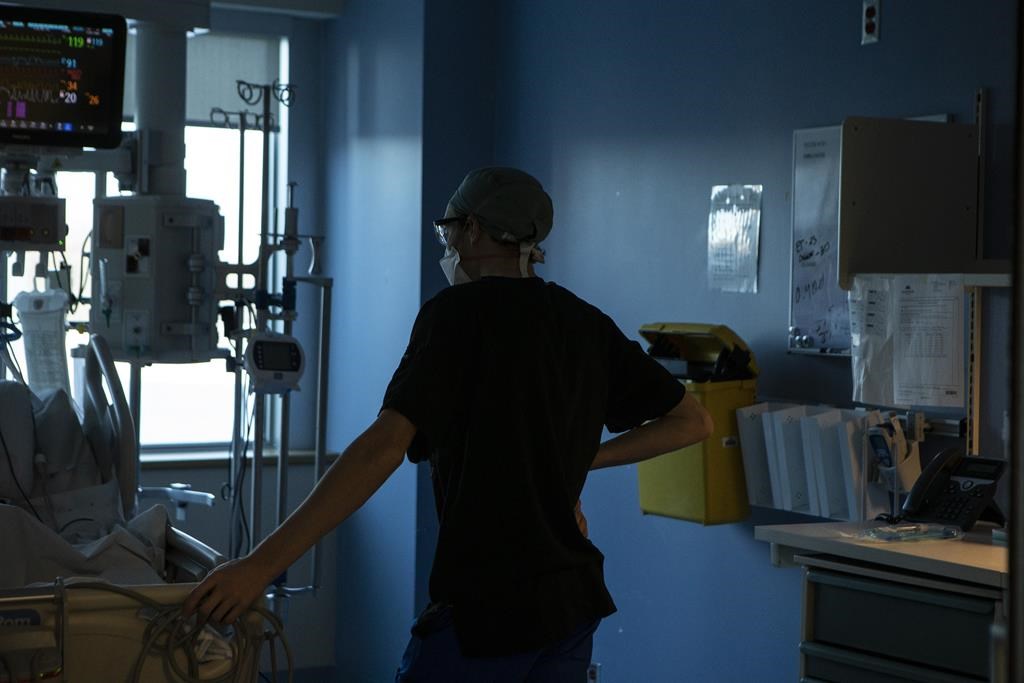A recent progress report on New Brunswick’s health plan touts significant progress in key areas, but challenges still remain in accessing primary care.

The update reports that three quarters of the goals found in the five-year plan are complete. Successes include the elimination of the list of those waiting over a year for hip and knee surgeries as well as access to walk-in mental health services.
The update also highlights the elimination of the old doctor waiting list and the 59,000 people who are now receiving care through NB Health Link.
But health minister Bruce Fitch acknowledges more work needs to be done.
“We’re certainly not raising the banner to say job done, we’re going to continue to work,” he said in an interview Thursday.
There are still at least 30,000 people who have no access to primary care, having been registered with NB Health Link but not yet connected to a clinic. New Brunswick Medical Society president Dr. Paula Keating says she’s been hearing from frustrated New Brunswickers in that very position.
“Basically patients have been moved from one waitlist to another waitlist just of a different name,” she said.
Even those with a permanent provider can struggle to access care. Stephane Robichaud, the CEO of the New Brunswick Health Council, says that can then put a burden on other parts of the system.
The recent 2023 Primary Care Survey conducted by the council found that 69 per cent of people with a care provider sought care elsewhere in 2023, including emergency rooms and urgent care centres, making it more difficult for those without a provider.
“It adds a level of complication for these people because these centres become even more busy,” he said.
The survey also found that just 79 per cent of people in the province have a provider and just 32 per cent can see them within five days. Back in 2017, 93 per cent of people had a permanent provider.
“There’s still very much a challenge on attachment and percentage of people who have a provider and there’s still very much a challenge around timely access and how that impacts people’s care,” Robichaud said.
The primary care-related recommendation identified as most important by both Fitch and Keating is the establishment of collaborative team-based clinics, which the update marks as “in progress.” Fitch says that those clinics, in combination with more staff, are the key to reaching the benchmark of ensuring access to care within five days.
“We continue to recruit, we continue to increase the number of seats here in the province of New Brunswick,” he said.
“Not just for physicians but for all allied health professionals.”
Keating says she wants to see movement towards the team-based model accelerated, with funding to provide administrative support and attract solo practitioners, while also standing up more new clinics.
“I know there are plans to move this along and we’re heading in the right direction certainly, but we need to move much more quickly to mitigate a total collapse of the primary health care system,” she said.





Comments